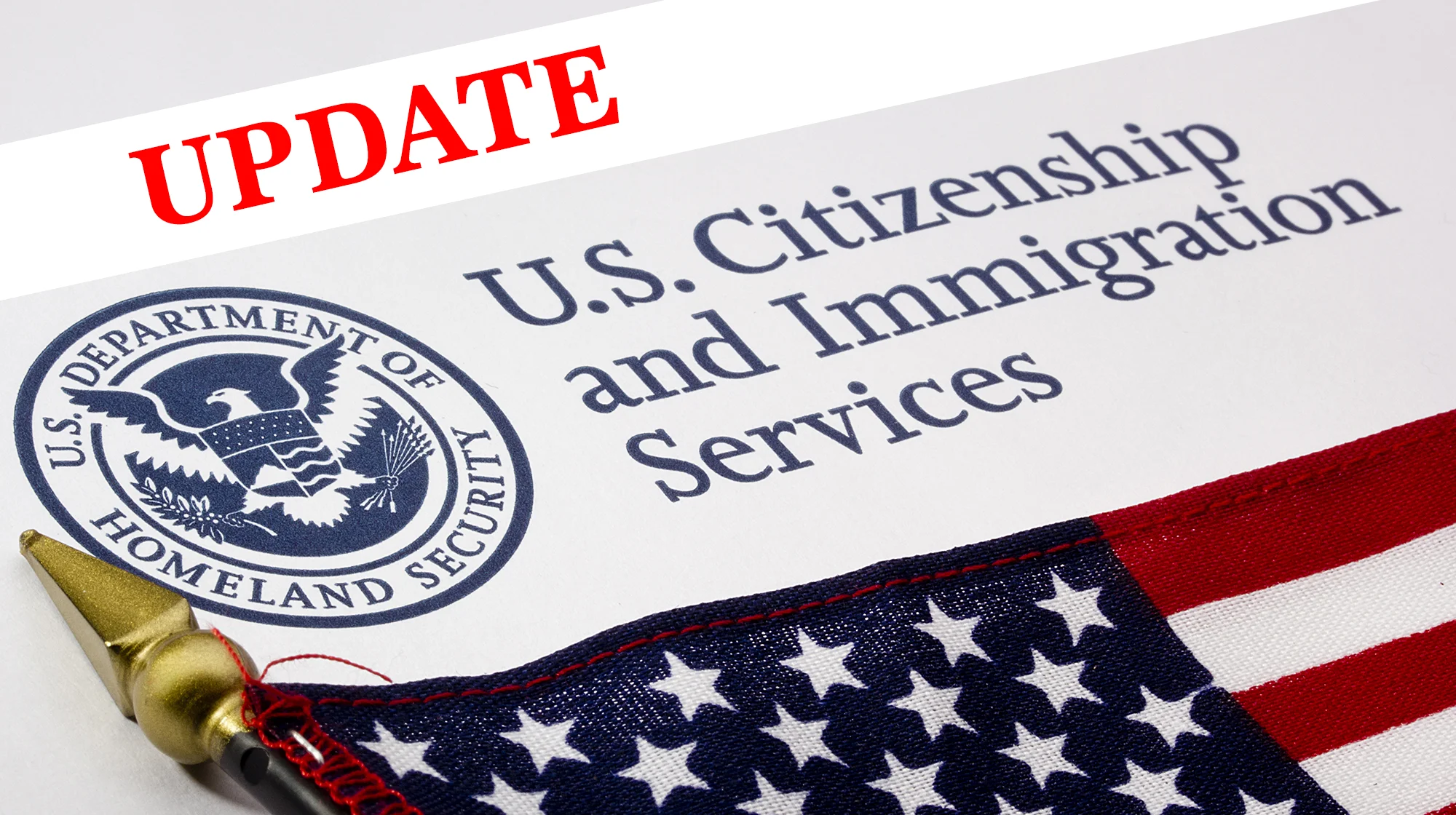
As immigration attorneys, we closely monitor changes that may affect our clients’ cases. On August 1, 2025, U.S. Citizenship and Immigration Services (USCIS) released updated policy guidance that changes how family-based immigrant visa petitions are reviewed, filed, and adjudicated.
This new guidance is effective immediately and applies to all pending and future petitions. Its goal is to strengthen the agency’s ability to verify the legitimacy of family relationships and ensure compliance with U.S. immigration law.
Family-based immigration is one of the most common and important pathways to lawful permanent resident (green card) status. However, USCIS is increasing its focus on fraud detection and national security screening. Even if your relationship is entirely genuine, these changes mean you can expect more thorough vetting and possibly additional documentation or interviews.
1. Clearer Eligibility and Documentation Standards
USCIS has restated and clarified the requirements for proving a qualifying family relationship. This includes what evidence you must provide to establish the legitimacy of a marriage or other family tie.
2. Rules for Multiple or Related Petitions
If you have more than one petition pending—for example, petitions for different relatives or cases connected to the same family member—USCIS has clarified how these will be reviewed.
3. Filing Directly Abroad in Limited Situations
In certain situations, U.S. citizens can file Form I-130 directly with the U.S. Department of State abroad. This is generally allowed for:
4. Routing to the National Visa Center (NVC)
If your petition is approved but you cannot adjust status in the U.S., USCIS will forward your case to the NVC for consular processing. This can happen even if you initially applied for adjustment but were found ineligible.
5. Interview Requirements
Expect an in-person interview if USCIS determines it is necessary to confirm the authenticity of your family relationship.
6. Notice to Appear (NTA) Risks
Approval of a family-based petition does not protect against removal. If the beneficiary is otherwise removable, USCIS may issue an NTA to start deportation proceedings.
For our clients, these changes mean:
Our Guidance
If you are considering filing a family-based petition—or have one already pending—now is the time to ensure everything in your case is as strong as possible. This includes:
This policy update reflects USCIS’s commitment to increased vetting and fraud prevention in family-based immigration cases. While genuine families should not fear these changes, the process will be more demanding, and the margin for error is smaller.
At SG Legal Group, we help clients present the strongest possible case from the start. If you have questions about how this new guidance affects your petition—or if you want experienced representation throughout the process—contact us today. Call us at 410-344-7100 or visit our contact page to schedule a consultation.
Oleg Gherasimov, Esq.
Stay informed with our latest articles and resources.